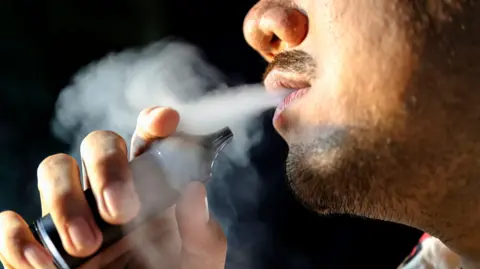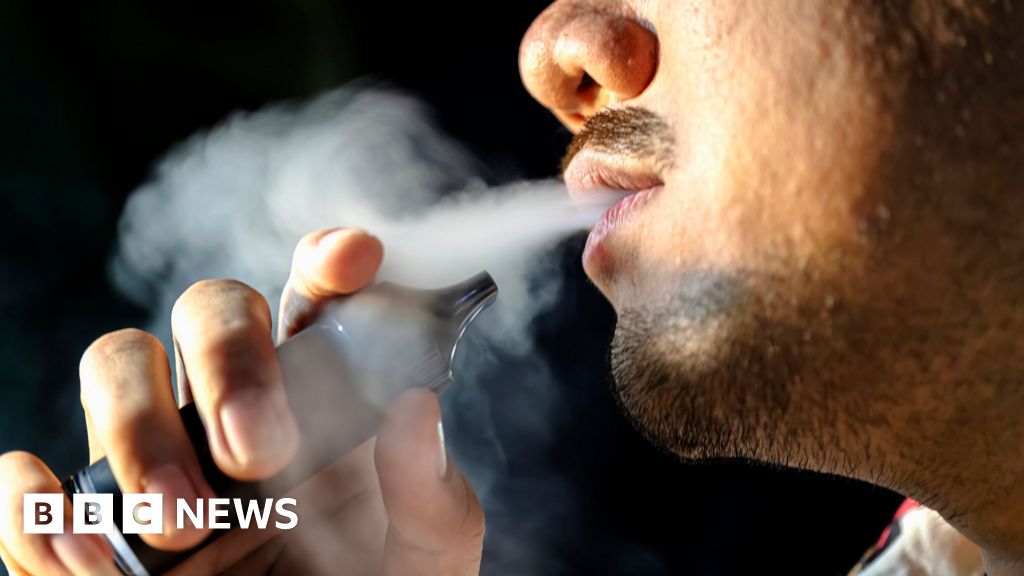The investigation, led by West Java Police, traced the syndicate's activities back to cities including Pontianak and Tangerang, where the infants were initially housed and had their immigration papers prepared for a journey to Singapore. The police described a network that targeted expecting mothers, using social media platforms like Facebook to engage with vulnerable women, many of whom were facing significant financial challenges and unwanted pregnancy situations.
"They initiated contact and switched to private messaging apps for arrangements," stated Surawan, the police director of general criminal investigation. Following the arrangements, once the babies were born, delivery costs were covered, and cash compensation was provided to the mothers, often leading to the babies being taken under false pretenses.
Reports suggest that nursery caretakers were involved in the scheme, looking after the infants for two to three months before transferring them through a structured process to Jakarta and Pontianak. Here, they were given forged documents, such as birth certificates and passports, to facilitate their illegal adoption. The price of these babies ranged from 11 to 16 million Indonesian rupiah, approximately $673 to $1,050.
Investigation efforts are now focusing on identifying and locating the adopters in Singapore. Police are investigating potential complicity of some parents who, due to dire economic conditions, allegedly consented to the sale of their children. Legal consequences may arise for these parents, marking a complicated intersection between victimization and criminal liability.
Ai Rahmayanti from the Indonesian Child Protection Commission highlighted that trafficking syndicates often exploit women in difficult circumstances, including those dealing with the aftermath of sexual violence, domestic abandonment, or unplanned pregnancies. She explained that many of these syndicates masquerade as support organizations, luring vulnerable individuals with false promises of care and financial assistance.
While the exact scale of the baby trafficking crisis remains uncertain, data from the commission indicates a troubling upward trend in cases related to illegal adoptions and trafficking. From only 11 recorded incidents in 2020, the numbers escalate to 59 documented cases in 2023. Each case paints a disturbing picture of desperation, exploitation, and the continuing struggle against the illegal baby trade in Indonesia.
Indonesian authorities are now seeking assistance from Interpol and Singaporean law enforcement to apprehend the remaining syndicate members, marking a critical point in an ongoing battle against this abhorrent crime.
The alarming trend emphasizes the need for comprehensive solutions to protect vulnerable populations from falling prey to human trafficking.
"They initiated contact and switched to private messaging apps for arrangements," stated Surawan, the police director of general criminal investigation. Following the arrangements, once the babies were born, delivery costs were covered, and cash compensation was provided to the mothers, often leading to the babies being taken under false pretenses.
Reports suggest that nursery caretakers were involved in the scheme, looking after the infants for two to three months before transferring them through a structured process to Jakarta and Pontianak. Here, they were given forged documents, such as birth certificates and passports, to facilitate their illegal adoption. The price of these babies ranged from 11 to 16 million Indonesian rupiah, approximately $673 to $1,050.
Investigation efforts are now focusing on identifying and locating the adopters in Singapore. Police are investigating potential complicity of some parents who, due to dire economic conditions, allegedly consented to the sale of their children. Legal consequences may arise for these parents, marking a complicated intersection between victimization and criminal liability.
Ai Rahmayanti from the Indonesian Child Protection Commission highlighted that trafficking syndicates often exploit women in difficult circumstances, including those dealing with the aftermath of sexual violence, domestic abandonment, or unplanned pregnancies. She explained that many of these syndicates masquerade as support organizations, luring vulnerable individuals with false promises of care and financial assistance.
While the exact scale of the baby trafficking crisis remains uncertain, data from the commission indicates a troubling upward trend in cases related to illegal adoptions and trafficking. From only 11 recorded incidents in 2020, the numbers escalate to 59 documented cases in 2023. Each case paints a disturbing picture of desperation, exploitation, and the continuing struggle against the illegal baby trade in Indonesia.
Indonesian authorities are now seeking assistance from Interpol and Singaporean law enforcement to apprehend the remaining syndicate members, marking a critical point in an ongoing battle against this abhorrent crime.
The alarming trend emphasizes the need for comprehensive solutions to protect vulnerable populations from falling prey to human trafficking.




















